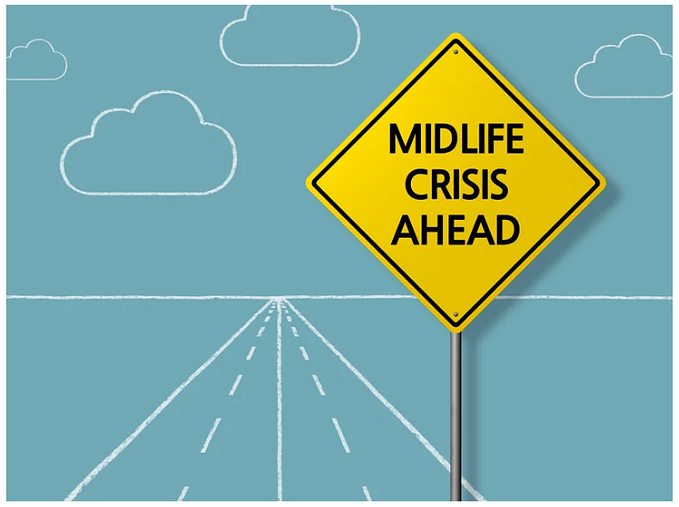Member-only story
Personal Branding is the Enshitification of Humans
The term “enshitification” was coined by writer Cory Doctorow to describe the phenomenon of online platforms degrading their services to increase profits.
The rise of personal branding leads to the enshitification of relationships, interactions and, ultimately, humans. We become an endless horde of homogenised Canva templates rather than human beings, passably well-designed, stripped of individuality, adhering to a universal average.
Self-promotion crowds out vulnerability and obscures common humanity. Personal branding shifts focus to surface-level content and aesthetic consistency rather than complex, evolving identity. It reduces wonderfully, joyfully messy human beings to restrictive brand guidelines and walking talking logos.
Personal branding emerged in the late 1990s as the internet-connected people in new ways. Suddenly, individuals could shape their perceptions through websites, blogs and social media. This alluring control made it tempting to manage one’s narrative tactically.
Around this time, celebrities realized they could harness these tools to appeal to fans. Public figures used slick social media presences and websites to highlight only the most enviable aspects of their lives. Soon, a culture of internet personal branding took off.
In the early 2000s, this branding culture infiltrated the business world. High-profile entrepreneurs and CEOs began embracing personal image management. Books like “The Brand You 50” by Tom Peters encouraged business leaders to view themselves as brands. The idea was that crafting an aspirational yet relatable narrative around one’s work could attract customers and talent.
An entire industry emerged around services to help people refine and promote their brands. Website design, professional photography, media training and PR became sought-after tools. Coaches and consultants emerged to assist people in honing their online personae. Conferences and workshops promised to help attendees “amplify their influence” and “build their brand.”
On the advice of gurus and influencers, the mecca of online identity has become crafting a specific public image through carefully curated social media presences and manicured online personas. But this excessive…





